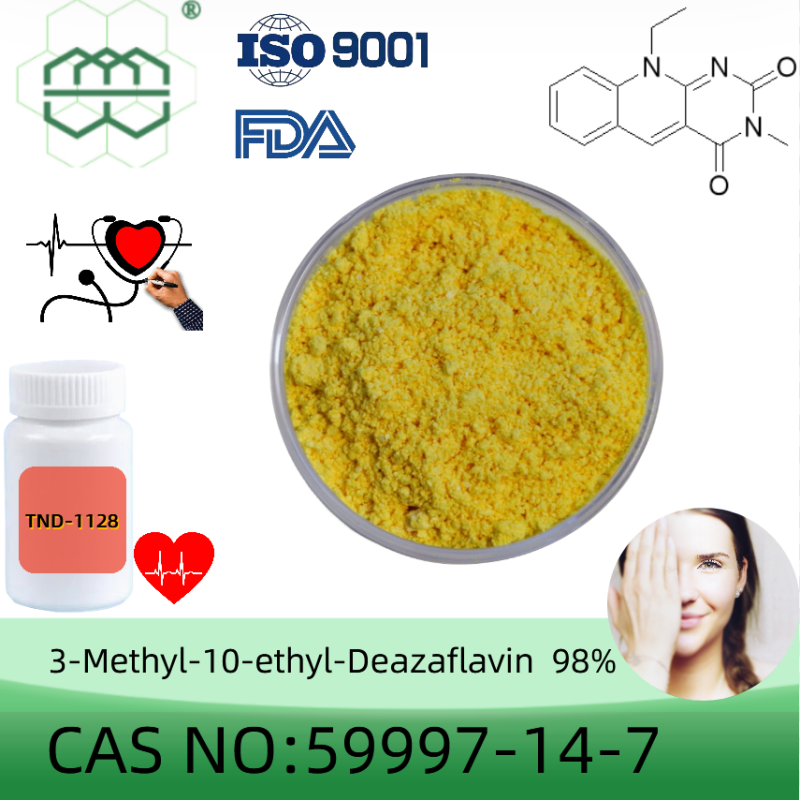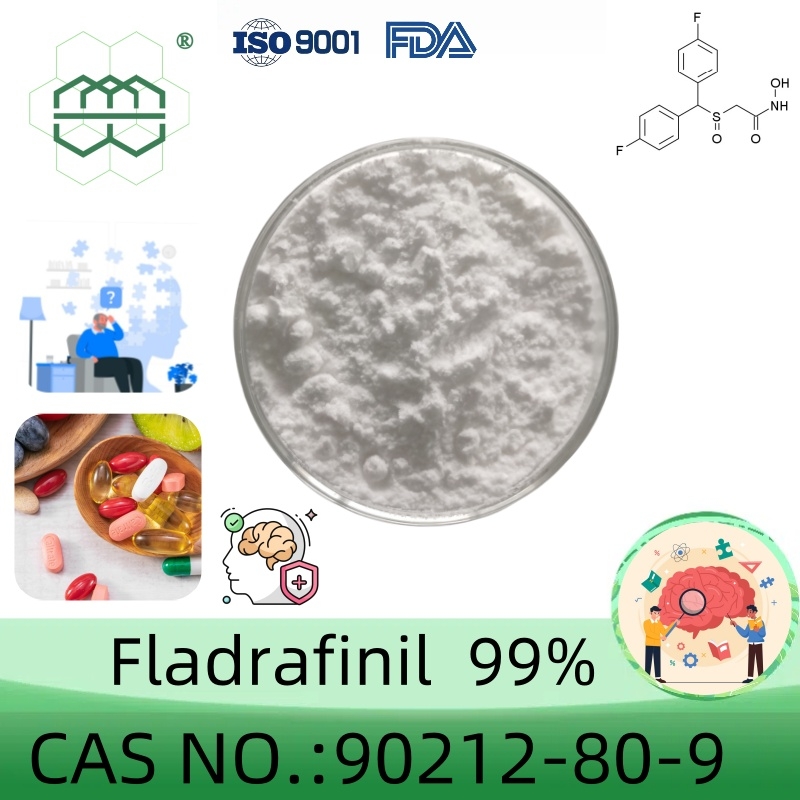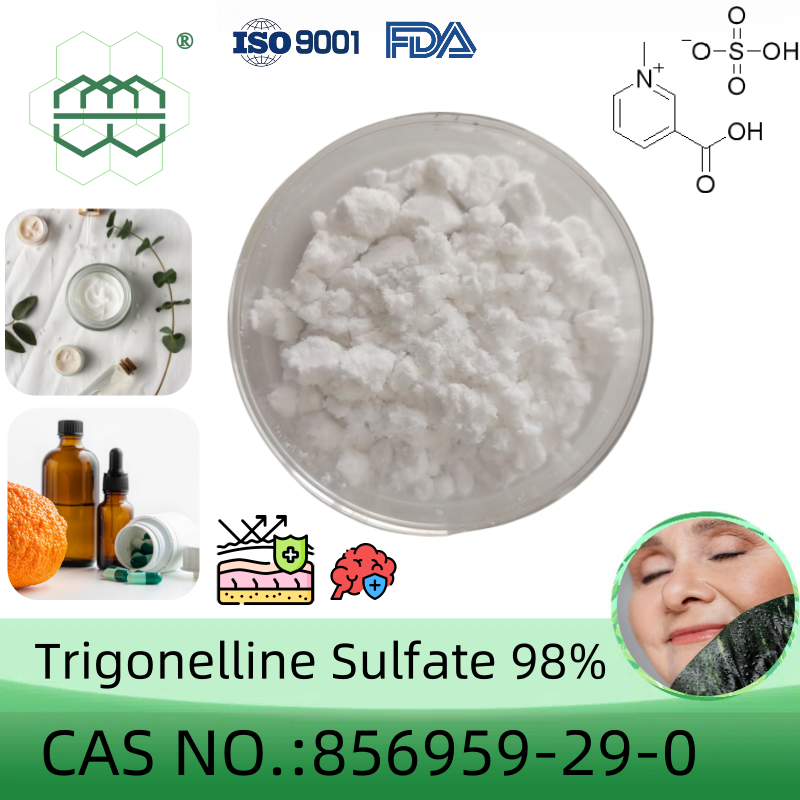-
Categories
-
Pharmaceutical Intermediates
-
Active Pharmaceutical Ingredients
-
Food Additives
- Industrial Coatings
- Agrochemicals
- Dyes and Pigments
- Surfactant
- Flavors and Fragrances
- Chemical Reagents
- Catalyst and Auxiliary
- Natural Products
- Inorganic Chemistry
-
Organic Chemistry
-
Biochemical Engineering
- Analytical Chemistry
-
Cosmetic Ingredient
- Water Treatment Chemical
-
Pharmaceutical Intermediates
Promotion
ECHEMI Mall
Wholesale
Weekly Price
Exhibition
News
-
Trade Service
On November 21, the Office of the National Working Committee on Aging and the Chinese Nutrition Society jointly launched the National Nutrition Improvement Action for the Elderly and released a new version of the Dietary Guidelines for the Elderly in China
.
On the basis of a balanced diet for adults, the elderly should be provided with more abundant and diverse foods, especially animal foods and soy products
that are easy to digest and absorb and utilize, and are rich in protein.
The elderly should actively participate in family and social activities and actively communicate with others; Eat
as many meals as possible with family or friends.
The elderly should actively carry out physical activities, especially outdoor activities, breathe more fresh air, receive sunlight, promote vitamin D synthesis in the body, and delay the process
of osteoporosis and muscle decline.
It is necessary to pay attention to the weight changes of the elderly, measured regularly; Obese elderly people are not required to lose weight quickly, but should be maintained in a relatively stable range
.
When significant weight loss occurs without taking proactive measures to lose weight, take the initiative to go for nutrition and medical consultation
.
Zhang Jian, vice chairman of the Geriatric Nutrition Branch of the Chinese Nutrition Society: Relatively speaking, the overall intake of food is decreasing, so we are easy to see a lot of nutritional deficiencies, we propose in many places to eat enough, eat more, and even to prevent deficiency, encourage the elderly not to fear food
because of fear of some risk factors for chronic diseases, such as blood lipids, high blood pressure.
At the same time, food also has many social attributes, that is, it makes us more happy, has a good mood, and has better social interaction
.
The new edition of the "Dietary Guidelines for the Elderly in China" makes core recommendations for the dietary combination of the elderly and the elderly, let's take a look at it
together.
First of all, we must have a rich variety of food, reasonable matching, and strive to make the meal have vegetables
.
Pay special attention to dark leafy vegetables (such as rape, greens, spinach, purple cabbage, etc.
).
Choose as many different kinds of fruit
as possible.
Each eats less, but has more variety; Vegetables should not be used instead of fruits
.
Animal foods are eaten
differently.
As much as possible, eat animal meat (such as pork, lamb, beef, etc.
), poultry (such as chicken, duck, etc.
), fish and shrimp, and eggs
.
Eat adequate amounts of animal foods and soy foods
.
The total intake of animal food should reach an average daily 120g-150g, including 40-50g of fish, 40-50g of livestock and poultry meat, and 40-50g
of eggs.
It is recommended to drink 300-400ml of milk or dairy products
with equivalent protein content per day.
Ensure adequate intake of soy products and reach the recommended level
of eating an average of 15g of soybeans per day.
In general, the daily protein intake of the elderly is 1.
0-1.
2 grams per kilogram of body weight, and the daily protein intake of the elderly who undergo daily resistance training is ≥1.
2-1.
5g
per kilogram of body weight per day.
For the elderly, it often refers to the elderly
aged 80 and above.
The dietary guidelines recommend eating foods with high nutritional value and bioavailability such as fish, poultry meat, eggs, dairy products and soybeans, accompanied by appropriate amounts of vegetables and fruits
.
Ensure a sufficient daily intake of fish, poultry meat and egg food, 40-50g of livestock and poultry meat, 40-50g of aquatic products, and 40-50g
of eggs.
It is recommended to drink 300-500ml of liquid milk per day, you can also choose yogurt, milk powder or other dairy products
.
Depending on the situation, take a variety of measures to encourage eating and reduce unnecessary food restrictions
.
Related articles







